Voices of Race, a portrait series by Kathleen Dreier, is dedicated to amplifying the voices of our BIPOC communities and being a call of action for all people particularly white communities to be social change agents. Each participant is encouraged to share whatever they like regarding diversity, inclusion, racism, culture, privilege, etc. No one is censored. My intention and wish is that the viewer reflect upon the words of the person in the portrait and is inspired to engage in their own courageous conversations with their friends and family. It is time we each take the time to reflect on our individual and collective histories, heal from the damage done, and create the foundation for equity and compassion for every human being.
Note: Over the course of 2020 and 2021, my three photo series (Covid-19 and Tucson Front Line Workers, Tucson Black Voices and What White People Think) evolved into the current series Voices of Race. In time, I will have a dedicated Voices of Race page on my web site. In the meantime, I am sharing some of the posts here in my blog. You can view more on my Voices of Race Facebook page.
With Mark Ziska, Author of DO NO HARM: My Journey To My Awareness
“I grew up in a white, affluent suburb of Detroit. I did not have a Black person in any of my classes until I got to college. However, when I was six or seven years old, there was a group of three or four young Black men coming down our street. I had not seen a Black person in our neighborhood before. I remember being a little afraid and using the “N” word. When I used the “N” word, like lightning, my father gave me a backhand and said, “Never will you use that word and never will you disrespect another person.” There was more to it than that, but that’s what I remember about it.
I thought a lot about it, why I said what I did and where that racist thought had come from? It didn’t come from my home. It had to have come from my community. It was all around me. It was in the people that I hung out with. As a seven-year-old, how many people are you exposed to? You’re exposed to your friends. I probably got it from them and they got it from their parents. To me, that is a systemic form of racism.
From then on, I never used the “N” word again, but I still had that little bit of worry. If I see a group of young African Americans walk through our University of Arizona neighborhood, where they may also live, I still have a little bit of that cringe, that fear that occurs. It’s likely in many of us white males of my age, it developed in our early youth, like a lot of our social culture.
I came to think if it’s in me, it’s very likely in others. I’m not alone. There are many others like me who experience this or hold even more egregious views. I don’t choose to reinforce these views, but they exist. It’s in our culture, it’s learned.
It’s in our society, and our social systems, and it’s going to take a long time to get it out. I believe being aware of these views and taking personal action to change our own behavior is the best place to start. This is change that comes from within, from our awareness, and our desire to change.“


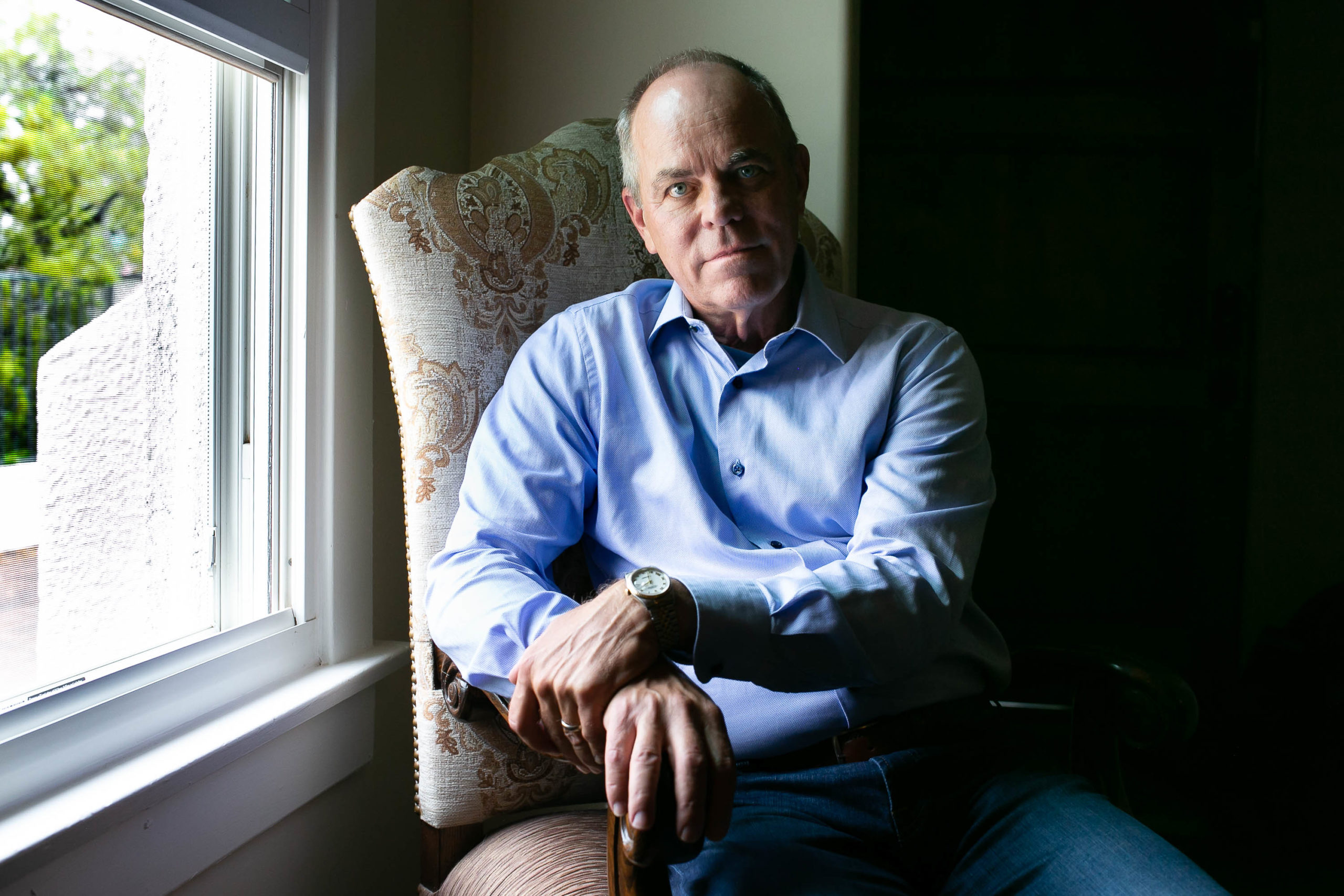
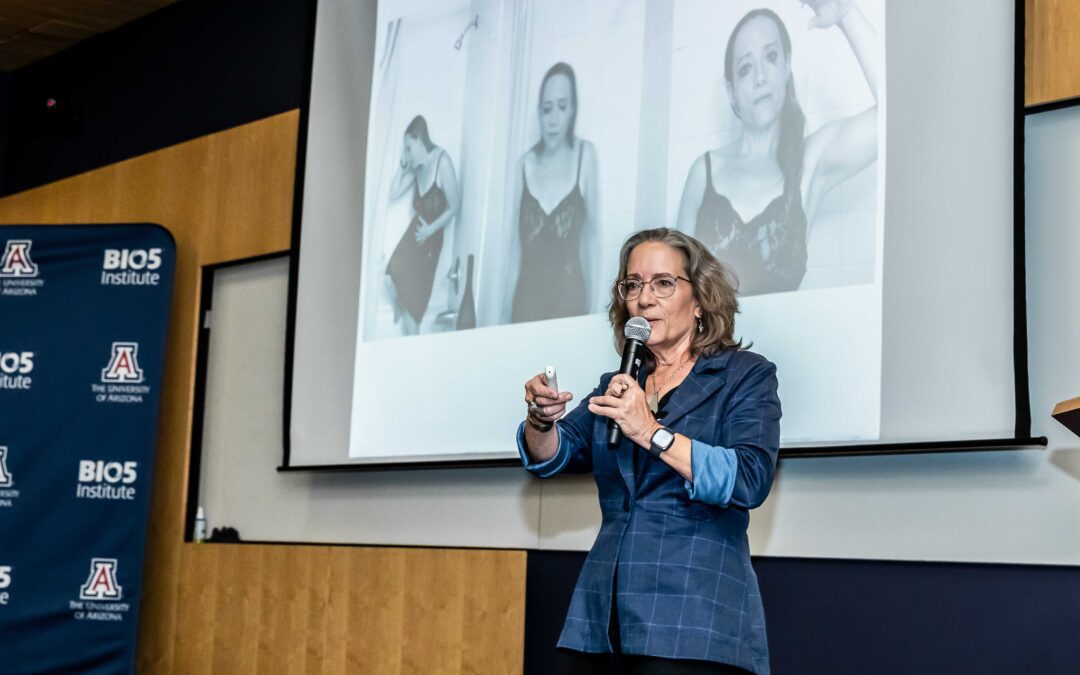
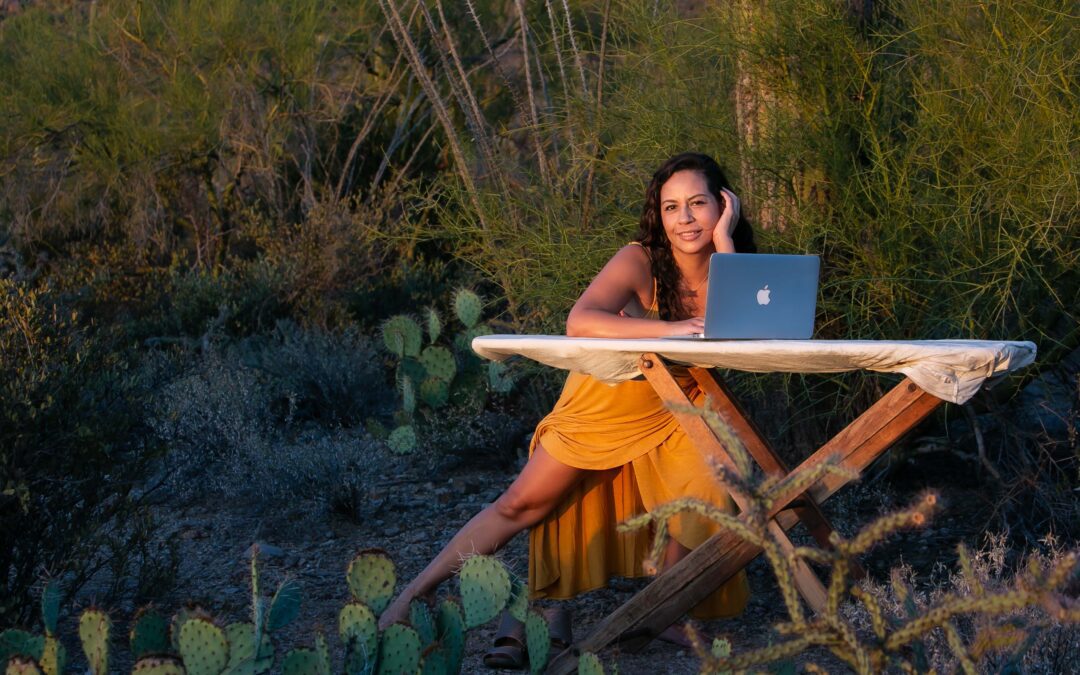
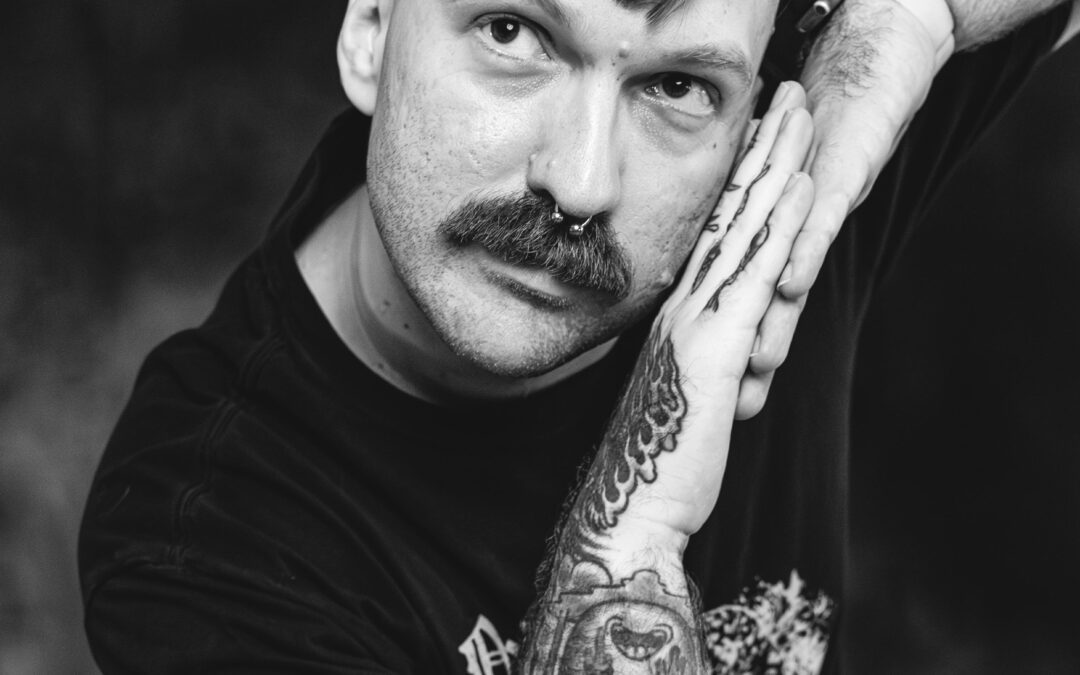
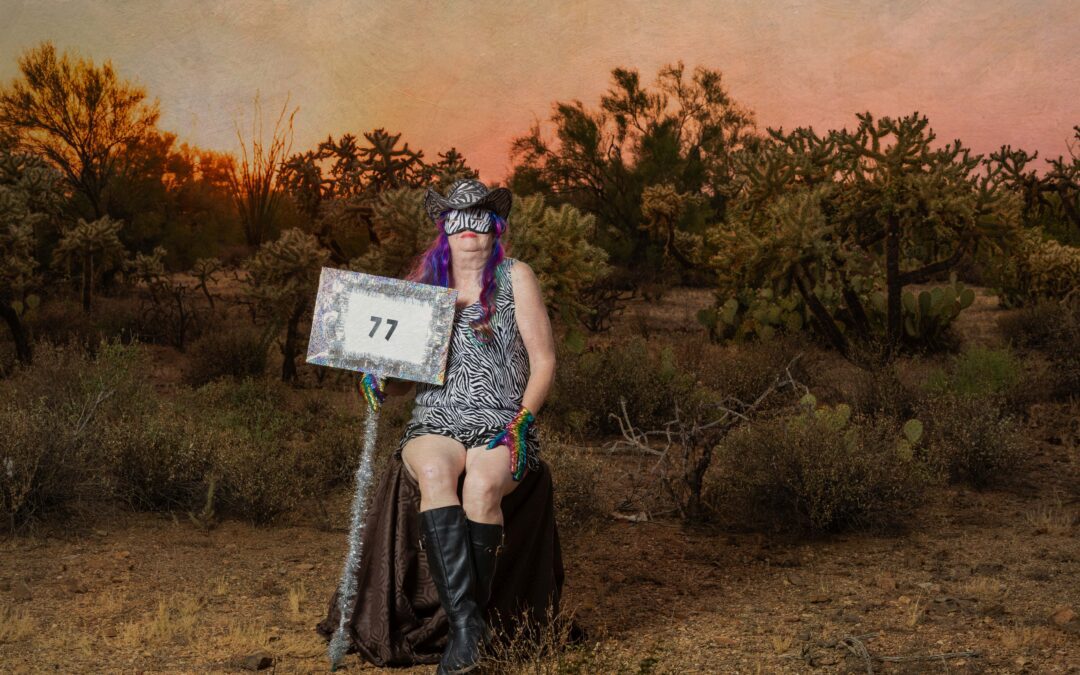
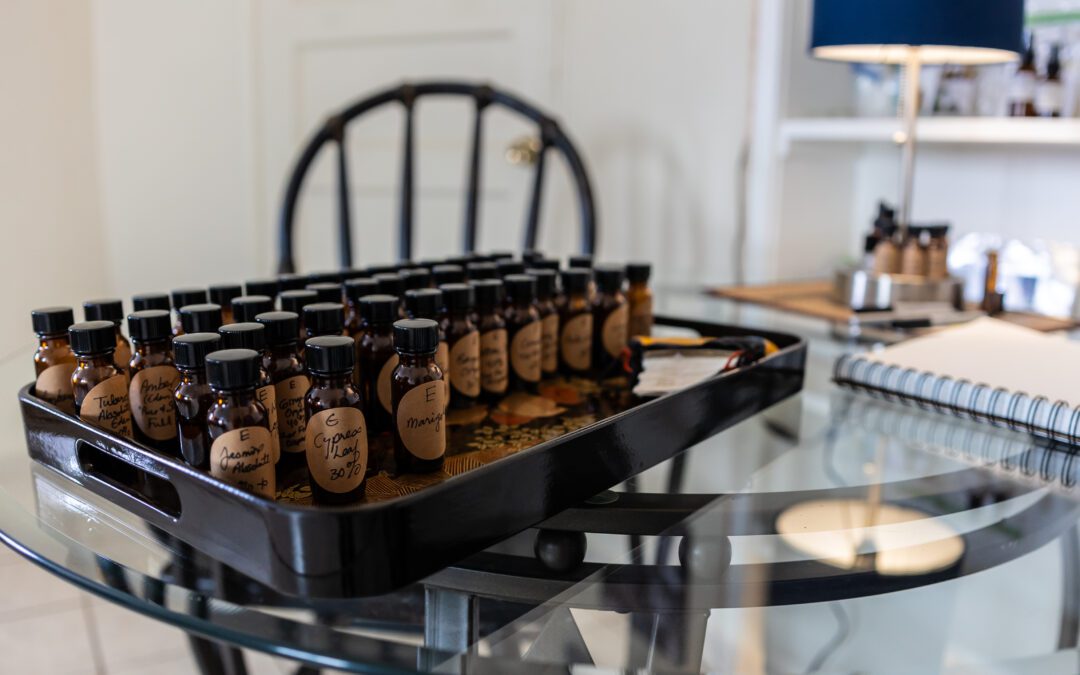
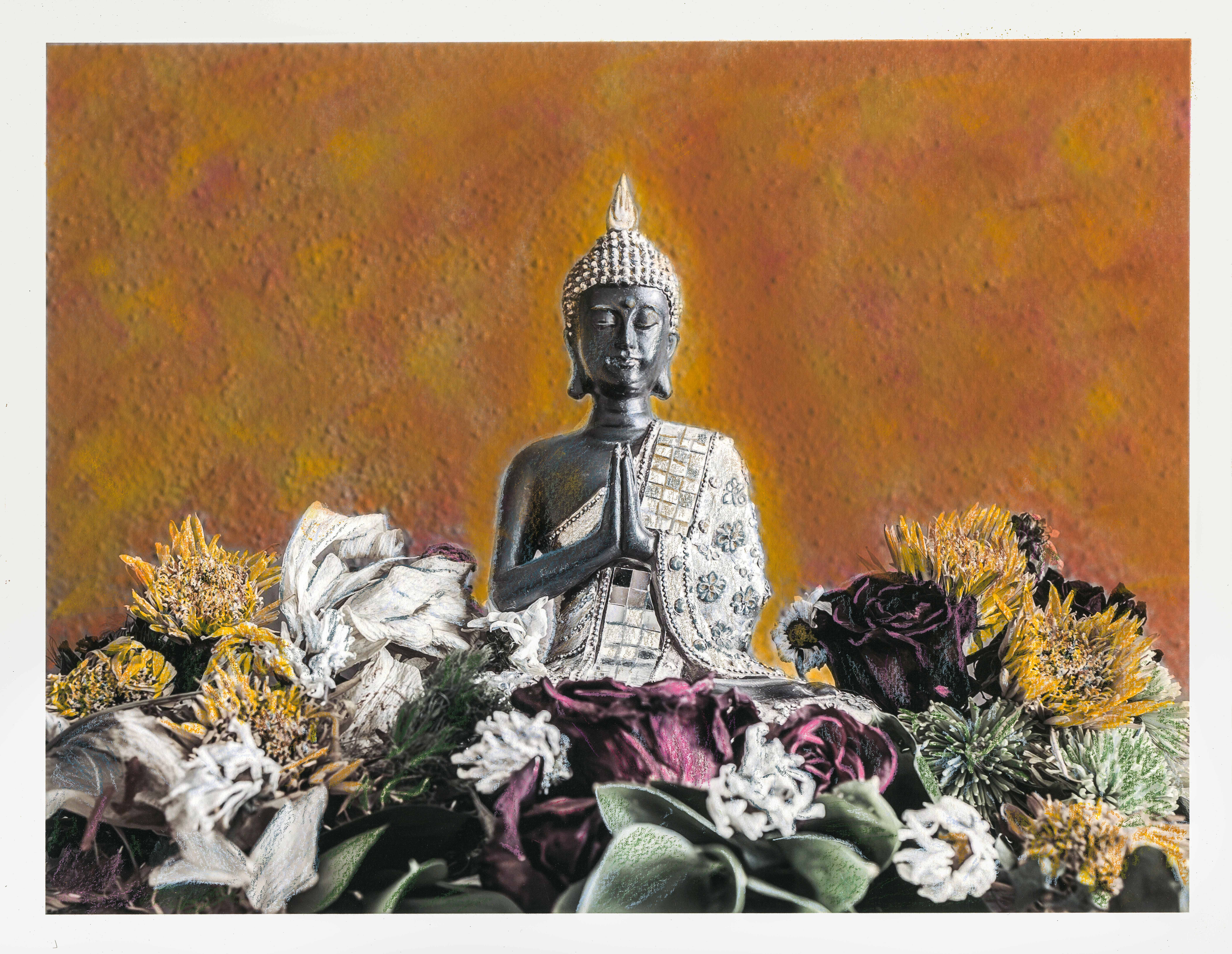

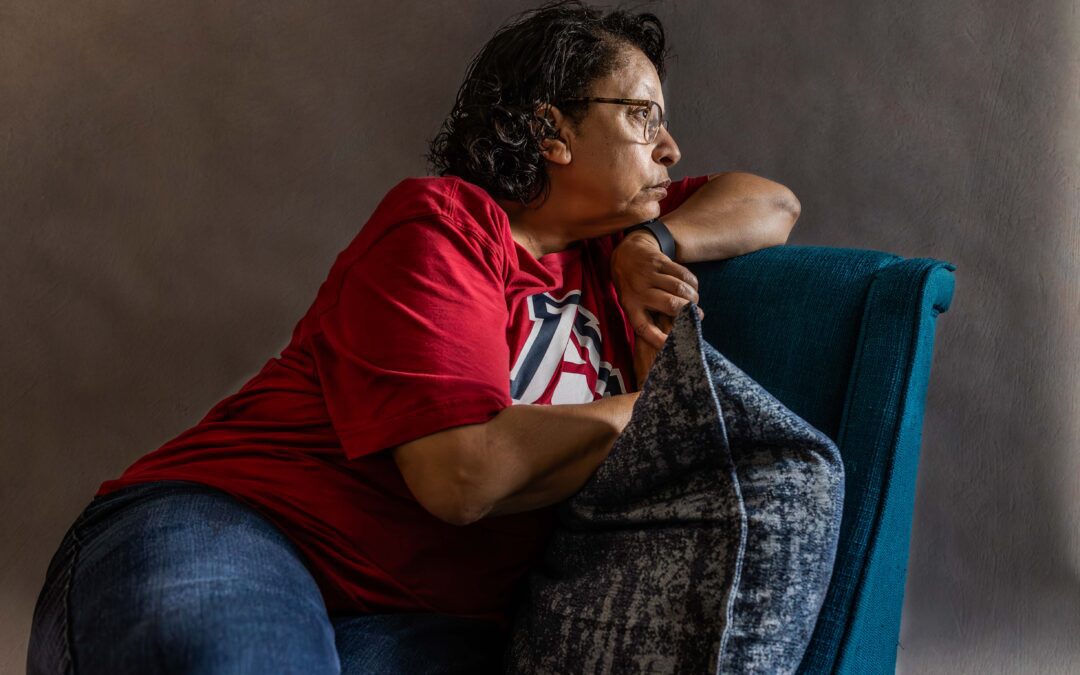
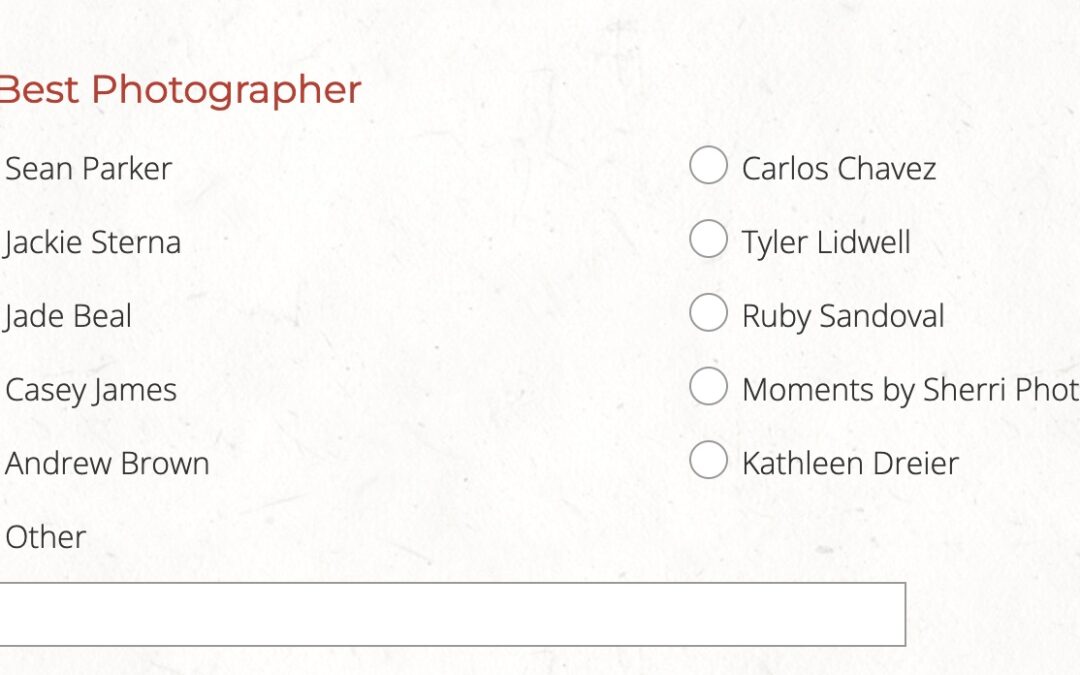
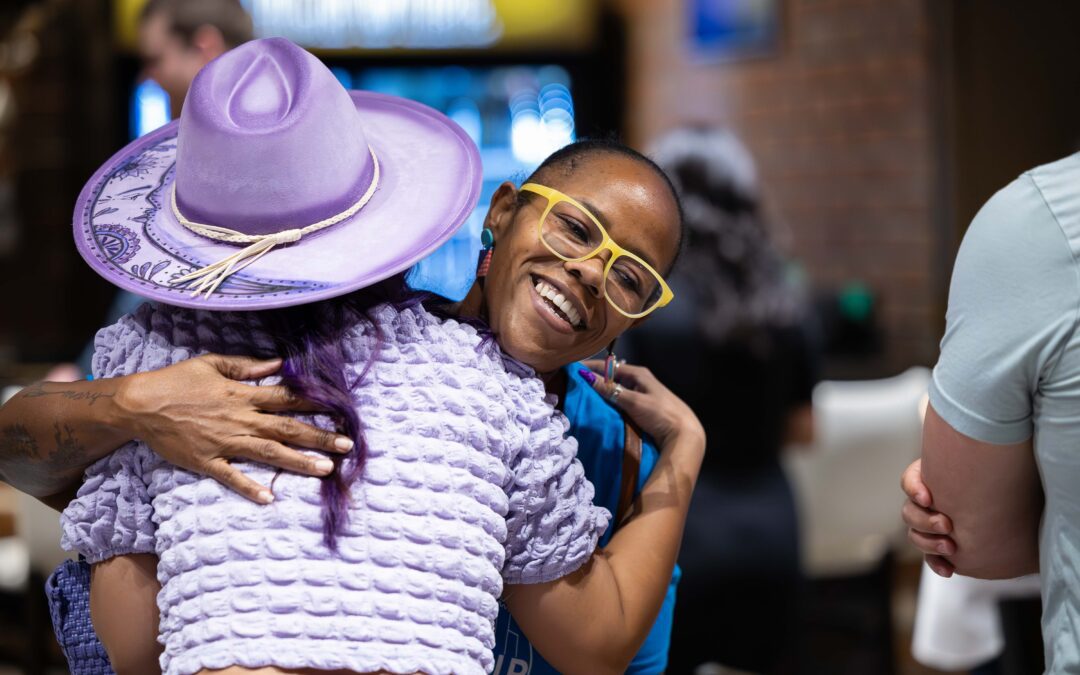
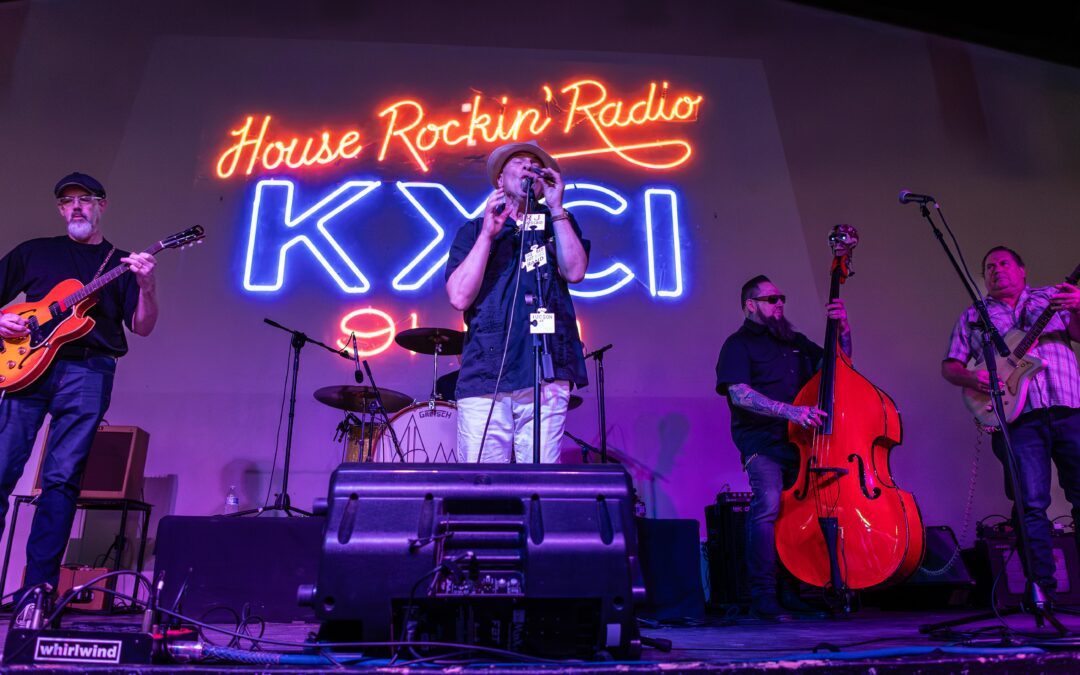
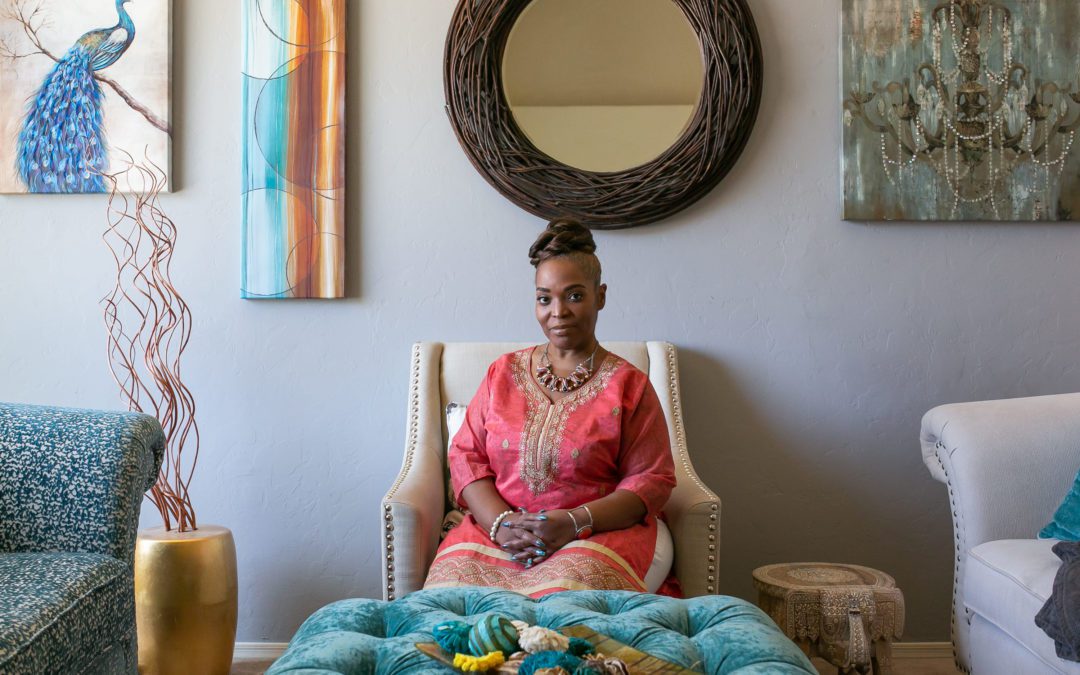
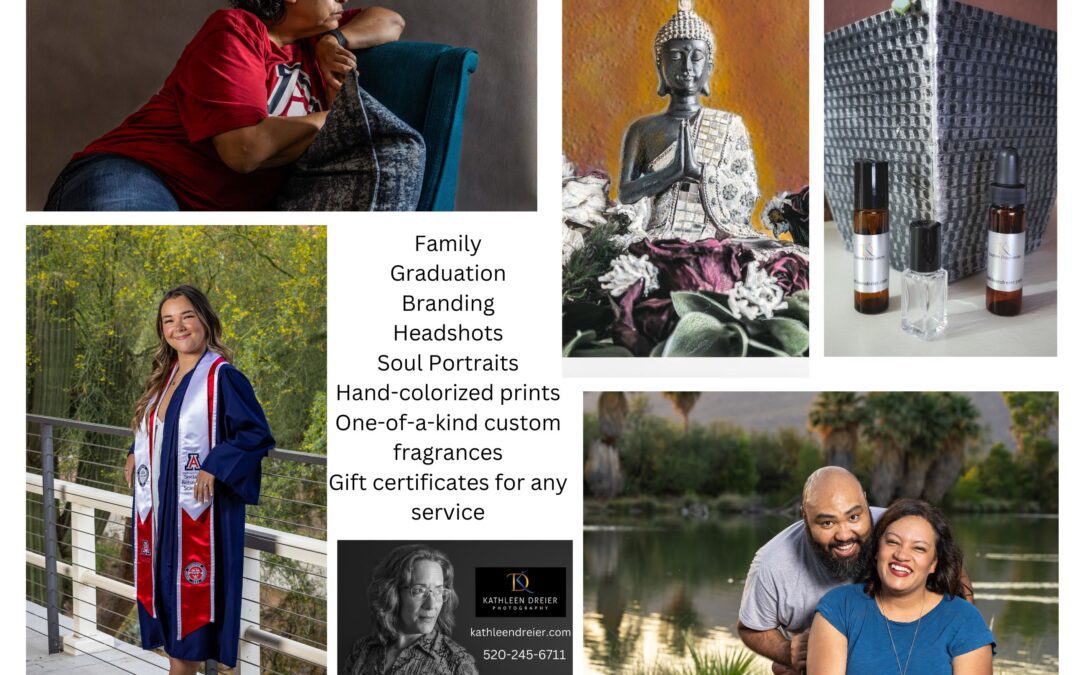
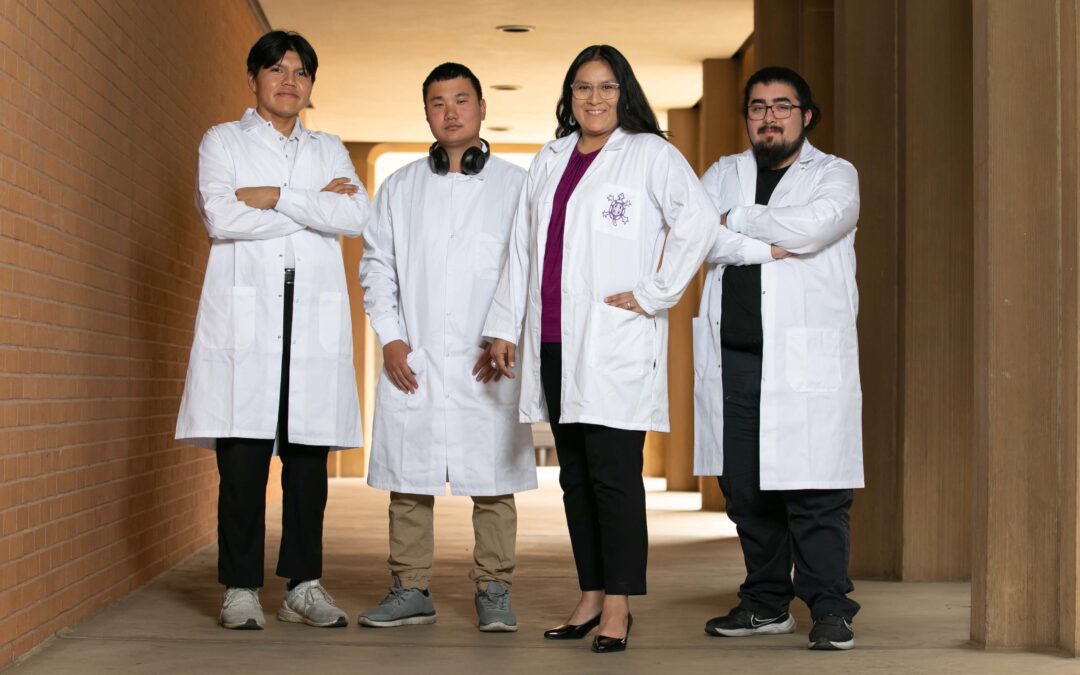
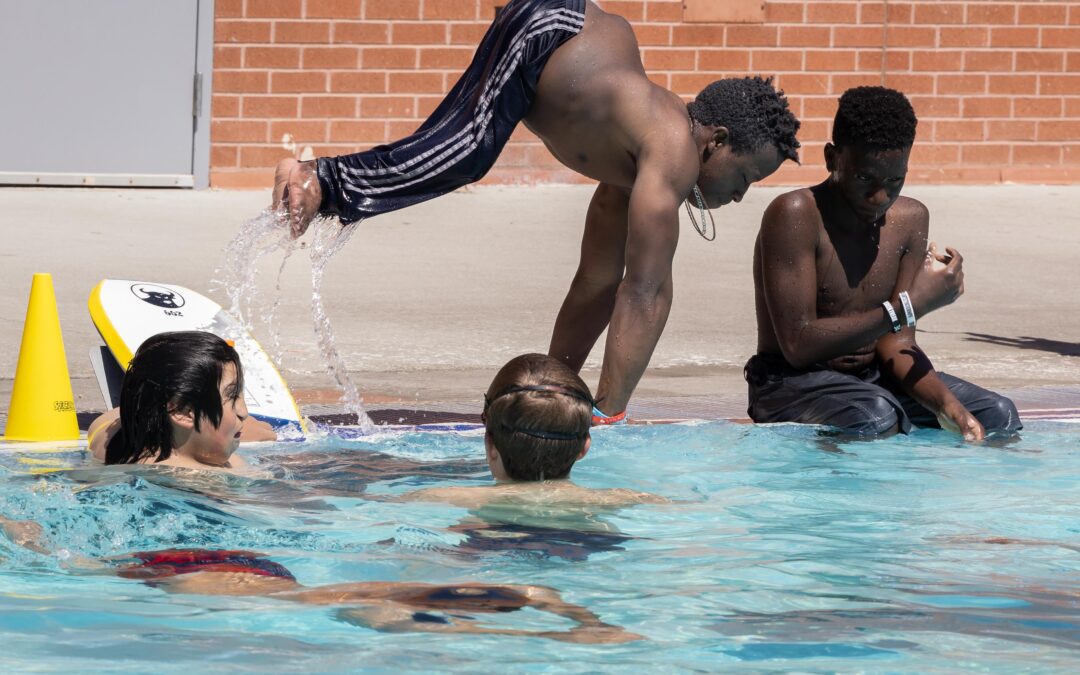
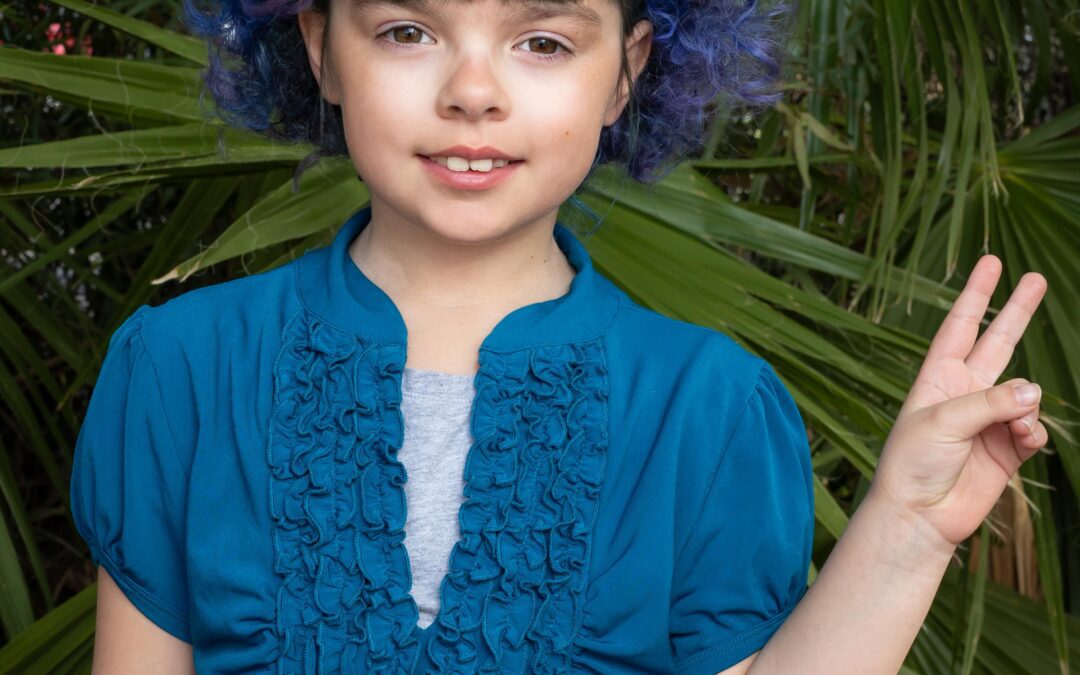
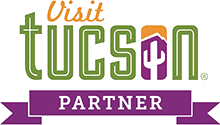



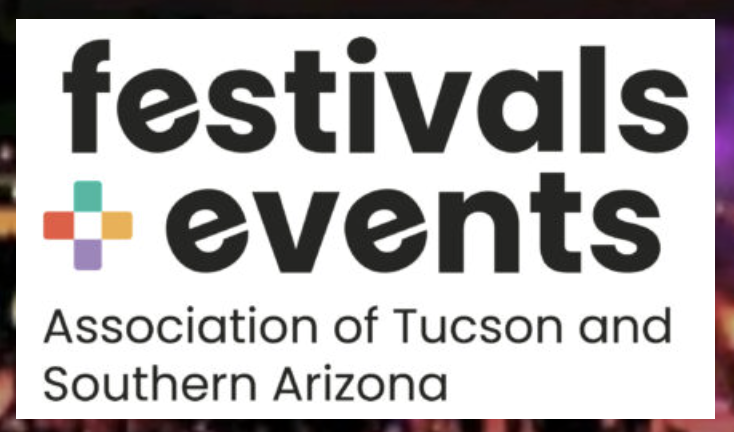
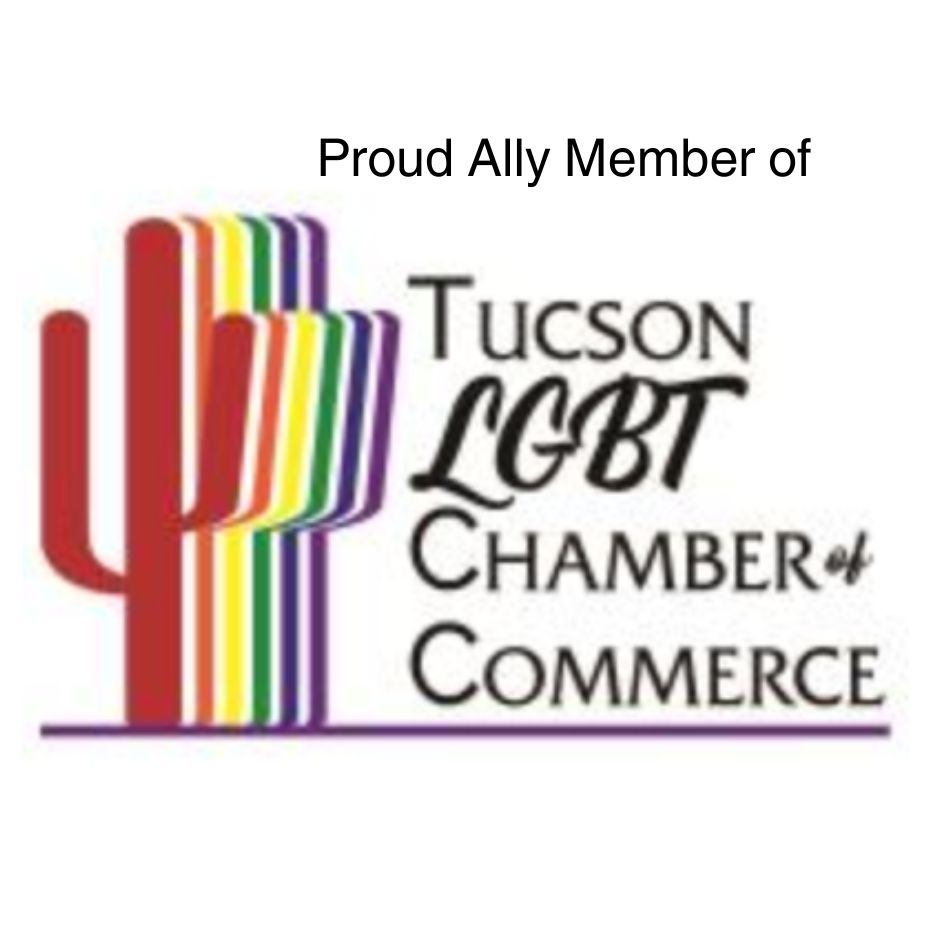
0 Comments